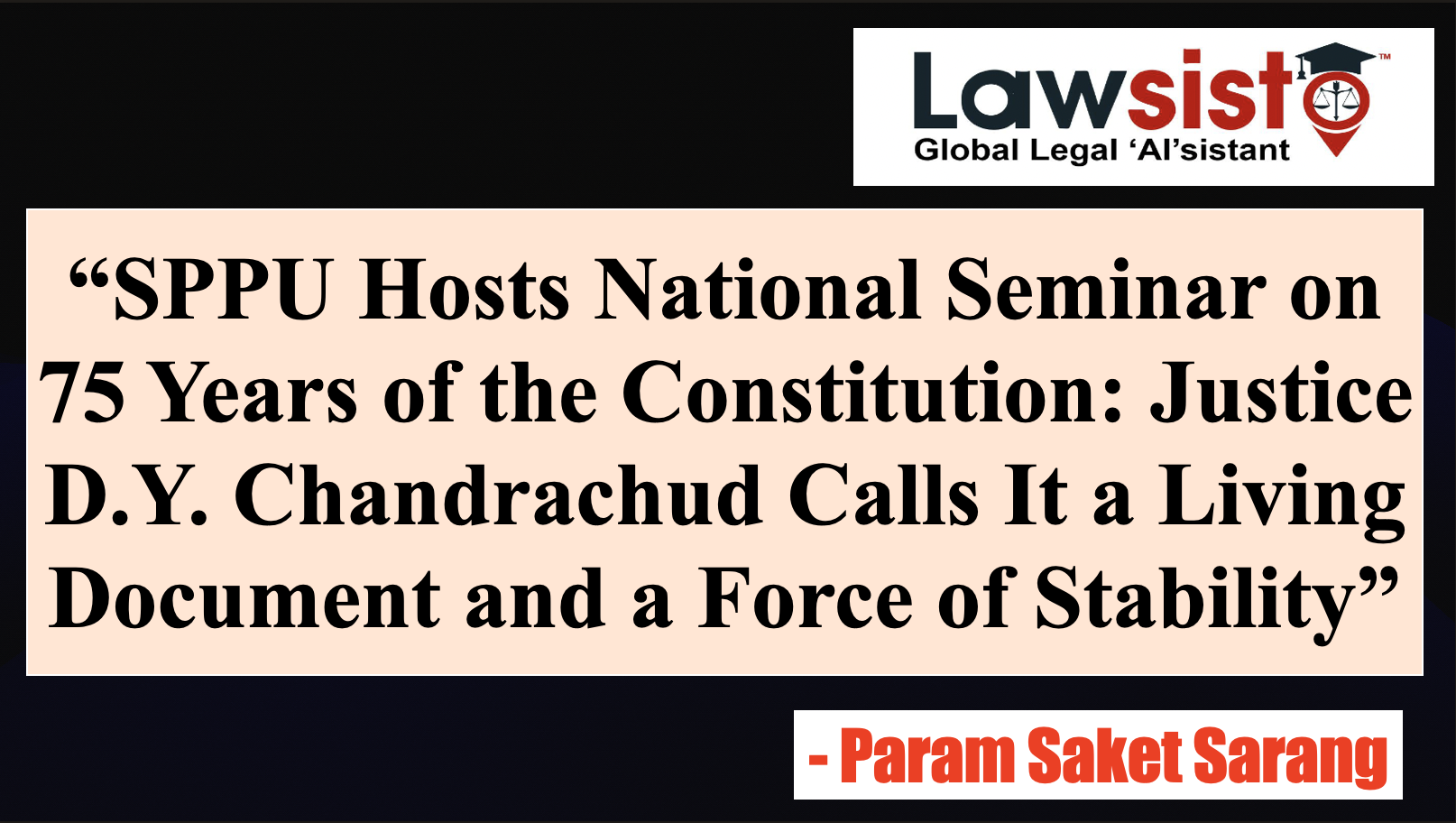Latest Articles
PROBLEMS WITHIN THE EXISTING POLICE SYSTEM

National Police Commission set up by Government of India in 1977 laid down duties and responsibilities of police which includes duties like to promote and preserve public order, investigate crimes, preventing crimes, creating feeling of security in mid of public etc. However raise in criminal activities and particularly in number of heinous crimes shows the poor performance of police. Police is accountable to public but there are various problems that perpetuate poor police performance and unaccountable law enforcement within the existing police system. Problems are softer as well as procedural. Soft problems faced by police are poor infrastructure, inadequate staffs, non-cooperation of public, and on the other hand procedural problems include non admissibility of statement before police and the also the control of political authorities over police which is exercised in wrong way.
If the status of Indian Police System is compared with international standards, it can be concluded that Police force in India is overburdened for example United Nations recommended standard as 222 police per lakh persons but as per the report of Bureau of Police Research and Development though sanctioned police strength was 181 police per lakh persons in 2016 in India. Police has poor infrastructure, it has shortage of weapons, vehicles, and Police Telecommunication Network (POLNET) is non-functional in various states. It was initiated by the central governed in 2002 to connect the police and paramilitary forces of the country through a satellite base communication network which would be faster than the existing system of radio communications. Funds are being provided for modernization of police force but it is not utilized properly. Also there is lack of public cooperation. Police requires the confidence, cooperation and support of the common people for example for being informers and witnesses in any crime investigation but people are unwilling to cooperate and testify. Second Administrative Committee (2007) has given in its report that people view police as corrupt and unresponsive.
On the other hand there are procedures under criminal law which lowers the importance of police investigation. For example, under Section162 of the Criminal Procedure Code, the statement ofa witness recorded bythe police during investigation is not to be signed by the person making the statement and it cannot be used during trial for any purpose otherthan that of contradicting the witness if he differs from it. Similarly, Section 25 of the Indian Evidence Act, 1872 says that confessions recorded by a police officer shall not be admissible in evidence unless corroborated with other evidences. Police have been given the authority to exercise force to enforce laws and maintain law and order in a state but this power is misused for example, in India, various kinds of complaints are made against the police like unwarranted arrests, unlawful searches, torture and custodial rapes etc. The superintendence over police by is to keep a check and balance but if we look at it from the view point of police, it is a problem for them. Also this power of superintendence is misused by higher authorities. Power is given to them in order to maintain police accountability but sometimes it has been used for personal and political gain. The problems in police system also give less incentive to young generation for joining police force.
Present police system in India is based on Police Act, 1861. From that time, it has undergone a lot of reforms and various committees have been appointed to examine. In pre independence era, it was felt that police was not efficient and once Fraser commission was appointed in 1902. After independence, National Police Commission was set in 1981 which submitted new Police Bill, thereafter in 2005 the Ministry of Home Affairs constituted the Police Act Drafting Committee (PADC) to draft a Model Police Bill for India. In between there were committees like Ribeiro Committee in 1998, Padmanabhaiah Committee in 2000 and Malimath Committee min 2002-03. In 2006 Supreme Court gave seven directives in case of Prakash Singh v. Union of India (1995) which includes constitution of State Security Commission, set up of Police Establishment Board, Police Complaints Authority, National Security Commission etc. in 2007 Second Administrative Reform Committee was appointed which took note of abuse of power of superintendence over Police and recommended that this power be limited to promote professional efficiency. It also noted the qualification for entry in Police. In 2015, Police Act Drafting Committee II was appointed to examine police reforms. Recently a case came where T. P. Senkumar, DG of Police in Kerala was arbitrarily transferred by ruling Government. Supreme Court interfered and his post was restored. The given Statement by Chief Justice Khehar shows the helplessness of the apex judicial body for proper implementation of reformatory directions.
This recent incident shows that directives given by Supreme Court have not been followed by the State Government. Police is a subject of state list and State Government need to take care of police reforms. In a large and populous country like India, police forces need to be well-equipped,in terms of personnel, weaponry, forensic, communication and transport support, to perform their role well. They need to have the operational freedom to carry out their responsibilities professionally,and satisfactory working conditions.
















































































































































































































































































































































































































































